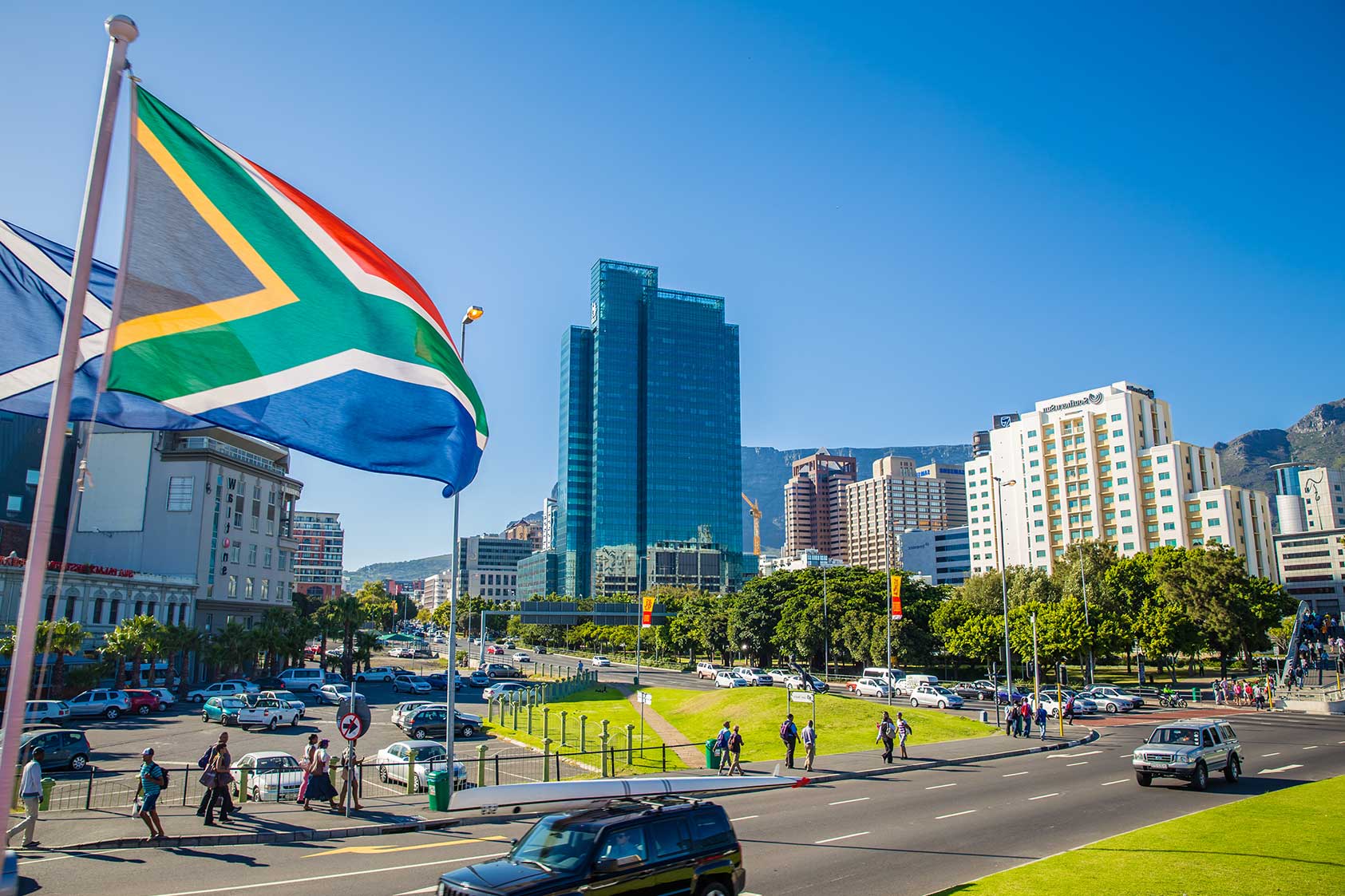Inclusive urban space production model for sustainable development in South Africa

This study explores the challenges of urban space production in post-apartheid South Africa, focusing on the persistent issue of exclusion in urban areas that remain largely race-based despite the democratic transition of 1994. The phenomenon of exclusion manifests in walled and gated communities, leading to a fragmented urban landscape. The research examines the roles of the state, private sector, and community in influencing urban space production, emphasising the need for their collaboration to promote inclusive and sustainable development.
Employing a concurrent mixed-method design, the study integrates findings from case studies and survey questionnaires to identify factors that predict inclusive development. These factors are categorised into urban development characteristics, exclusive development enablers, inclusive development barriers, and sustainability criteria. The study's outcomes are significant in providing an interdisciplinary understanding of inclusivity and sustainability in urban spaces.
The responsive model developed from the study serves as a guideline for:
- Policymakers
- Urban planners
- Developers
Its purpose is to facilitate more inclusive and sustainable urban development in South Africa.
Abstract based on original source.


Comments